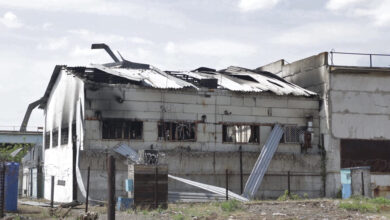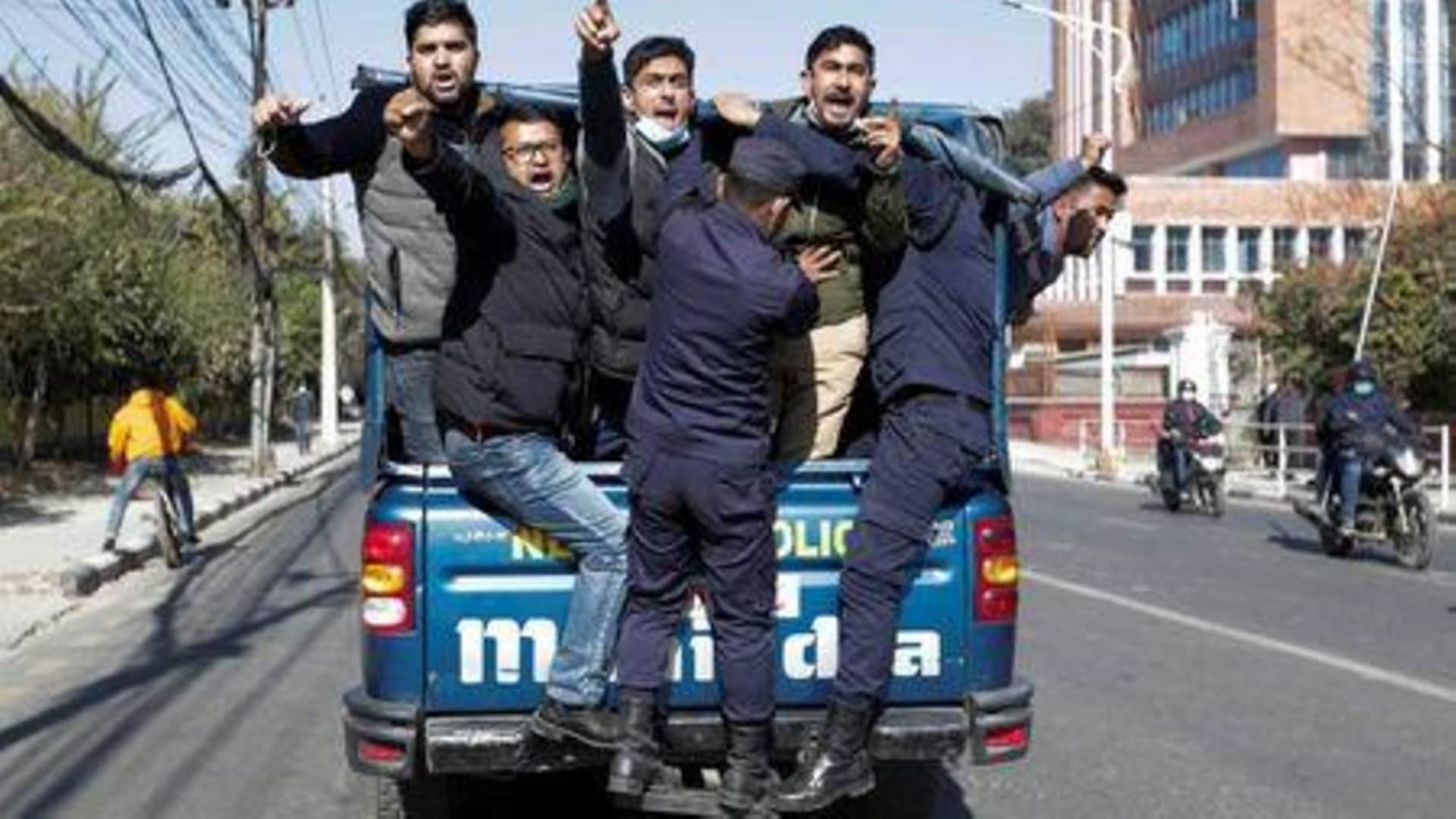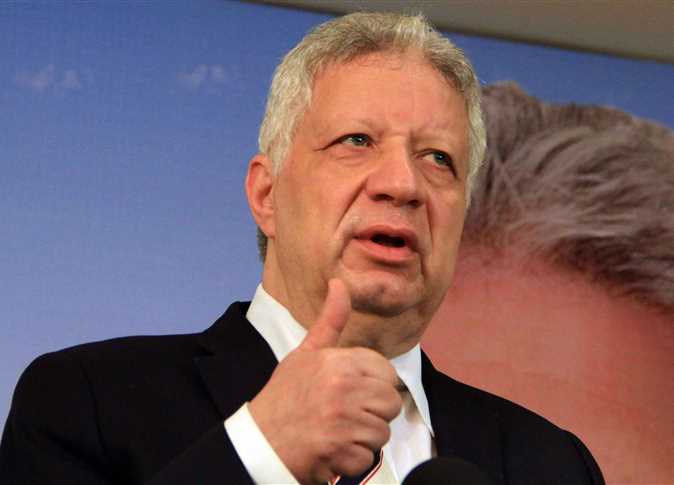Thinking of running for office in Egypt? Not if you once belonged to ousted President Hosni Mubarak's party, say activists who have launched a campaign to out ex-regime members involved in corruption.
The new initiative called "Emsek Feloul" (Catch a remnant) hopes to keep the country's November parliamentary elections – the first since a popular uprising ended Mubarak's 30-year-rule in February – corruption free.
As Egyptians prepare to navigate a complex new set of rules governing the polls, Emsek Feloul wants to keep at least one thing clear: corrupt former regime members should not be allowed to run for public office.
With the help of groups involved in the uprising as well as political parties and independent political figures, Emsek Feloul has managed to track former party members across the country, in a bid to name and shame.
"Our aim is to rid the country of corruption and fight it peacefully," said Sherif Diab, Emsek Feloul's founder.
Activists have called for the implementation of a law that would exclude former regime members from politics for 10 years, but the law is still being studied by the country's new military rulers.
"In the absence of the law, we decided to start our own campaign," Diab said.
The group launched with a website (www.emsekflol.com) and is also planning telephone, fax and street campaigns to reach the not-so tech-savvy segment of society.
The idea is to warn voters, but also to warn new and emerging parties not to embrace the former party members.
Mubarak's now-dissolved National Democratic Party (NDP) was managed by an ossified leadership and drew much of its loyalty from its function as a patronage machine. With around 3 million members, the NDP controlled parliament, municipalities and businesses.
Its headquarters overlooking the Nile is now but an ashen skeleton of a building because protesters set fire to the despised symbol of corruption and power in the early days of the revolt.
The uprising and the mass protests that followed led to Mubarak, his sons and several of his officials being put on trial, but remnants of the old regime have been blamed for continuing to incite violence and stir chaos.
"The NDP forged elections, bullied or paid people to vote for them and ran the country for their benefit. We want these people and their culture of corruption out of the new Egypt," Diab told AFP.
But some say campaigns like Emsek Feloul are inefficient, and worse still, discriminatory.
"If this campaign wants to exclude all former NDP members from politics, that's most of the country," said Salah Hassaballah, the head of the Egyptian Citizen party, which is planning to field 350 candidates in the elections.
"Every party has members who used to belong to the NDP. People cannot pick and choose who is to run and who isn't. It is up to the voters to choose," he told AFP.
Heba Morayef, Human Rights Watch researcher in Cairo, said that from a rights perspective "you can't exclude entire groups merely on the grounds of association."
Rights groups had been concerned that the political exclusion law was too broadly worded and was open to abuse or misinterpretation, she said.
"Campaigning (as opposed to law) is probably the best way to go," she said.
Emsek Feloul's website includes names of former NDP members who served in public office and those on trial or being sued on corruption charges.
"We realise that some NDP members were not corrupt. We just want to expose the ones who were and who have now joined other parties or plan to run as independents," Diab said.
He says the group has already received several threats from family members of officials named on the list.




